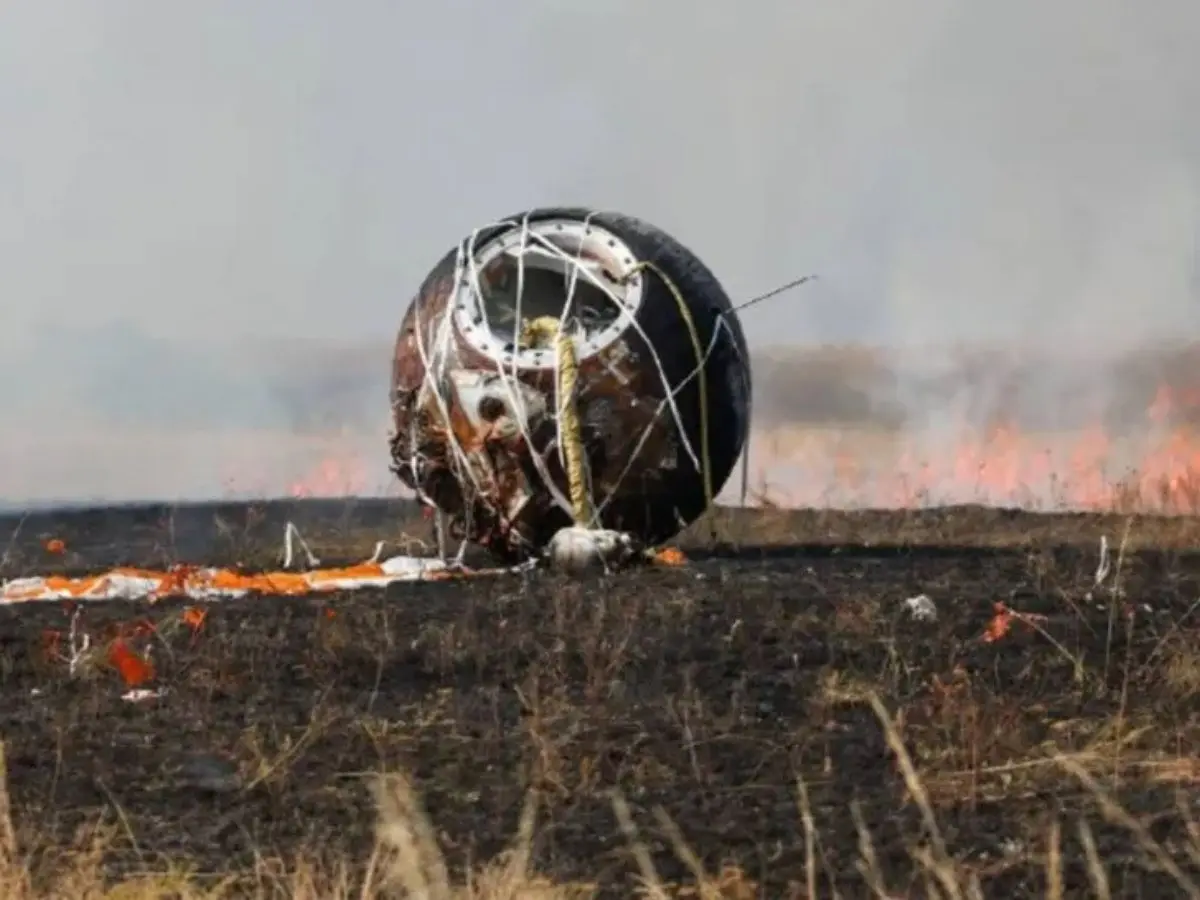The mission by the Russian space agency Roscosmos carried a biological payload of mice, flies, plants, and microbes atop a Soyuz-2.1b rocket on a 30-day mission on August 20, 2025, to a near-polar orbit at 370–380 km altitude, inclination of roughly 97 degrees. The first and second segments of the experiment were about studies of gravitational physiology on animals to ensure life support for human flight under the effects of weightlessness, and cosmic radiation. The third, fourth and fifth sections were to understand the influence of space flight on the biology of plants and microorganisms, as well as their communities. The sixth, eighth and ninth included, biotechnological, technological, physical and technical experiments. The seventh section was about radiobiological and dosimetric experiments.

Russia’s ‘Noah’s Ark’ satellite carrying 75 Mice and 1,500 flies lands after fiery reentry
- October 1, 2025
